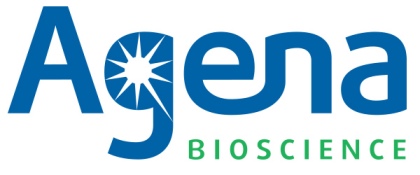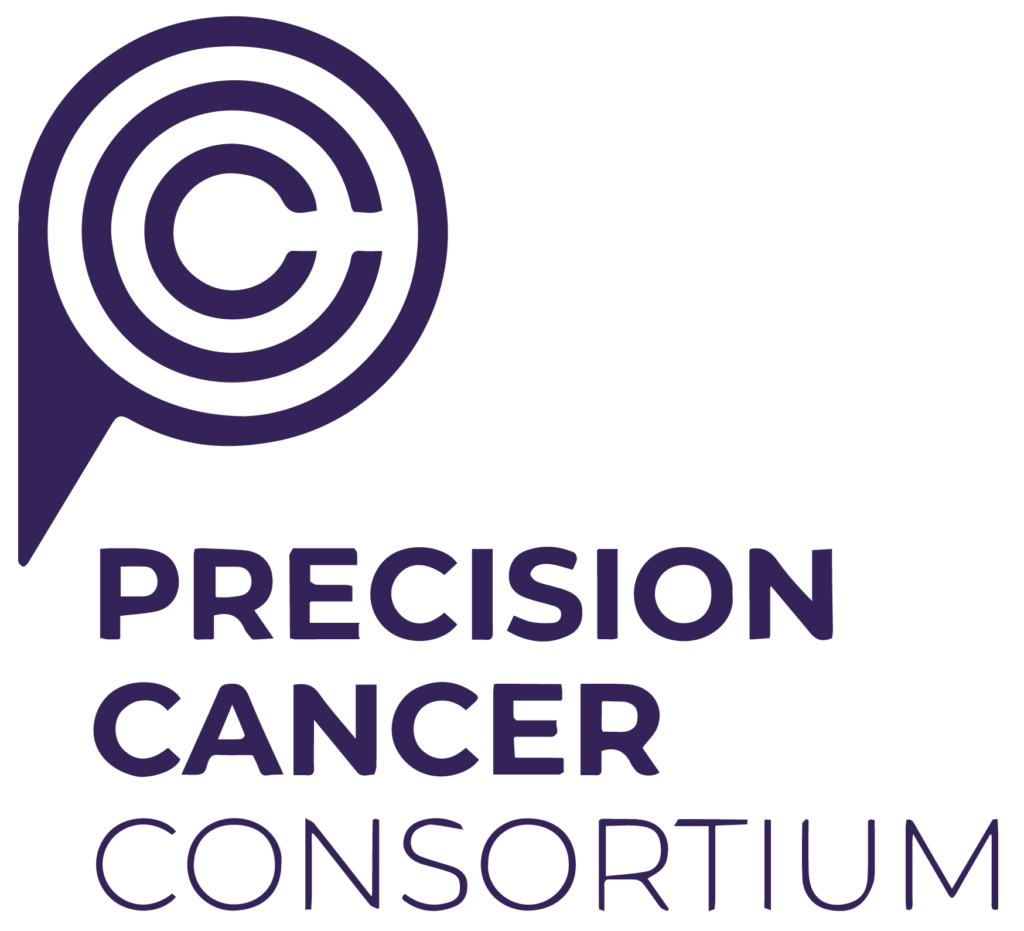Optimising Patient Selection in Early-Stage Lung Cancer: Evolving Pathology Practices and the MDT Approach
Monday 24 June – 12:30 – 13:30
🏠︎ Zaragoza Plenary Room
Monday 24 June – 12:30 – 13:30
Welcome and Introduction
Alexander Yarunin
Molecular Pathology in the Setting of Early-Stage NSCLC: Exploring Contrasts in Practice with Advanced Disease
Paul Hofman, Nice Sophia Antipolis University, France
Navigating Diagnostic Dilemmas in Early-Stage NSCLC: the MDT Approach
Beatriz Bellosillo
Interactive Discussion
Alexander Yarunin
Unlocking the Potential of NGS Clonality and MRD Testing: From Research to High-Throughput Environments
Tuesday 25 June – 9:45 – 10:45
🏠︎ Zaragoza Plenary Room
Introduction
Parth Sitlani, Invivoscribe
Beyond Systematic Memory B-Cell Archiving: Mining B-Cell Receptor Repertoires for Antigen-Specific Clones and Tumor Cell Precursors
Dr. Artur Kibler, Institute of Cell Biology, University of Duisburg-Essen, Essen, Germany
Implementation of NGS-Based Clonality and MRD Testing in a High Throughput Environment
Wayne Yu, Memorial Sloan Kettering Cancer Center, New York, NY, US
Q&A Session
From DNA to Insights: Uncovering the Overlooked with Innovative NGS Technology for MRD Assessment
Tuesday 25 June – 9:45 – 10:45
🏠︎ Zaragoza Breakout Room
Chair: Jose Maria Belloso, PhD
Global Product Manager – HemOnc, SOPHiA GENETICS, Rolle, Switzerland
Optimizing Acute Myeloid Leukemia Monitoring: A Novel NGS Application for Measurable Residual Disease (MRD) Assessment
Silvia Salmoiraghi, PhD Biologist, Ultra-specialist Laboratory of Clinical Pathology-Hematology, ASST Papa Giovanni XXIII Hospital, Bergamo, Italy
Staying Ahead of Disease Response with the Analytical Capabilities of the SOPHiA DDM™ Platform
Jose Maria Belloso, PhD
Global Product Manager – HemOnc, SOPHiA GENETICS, Rolle, Switzerland
From Detection to Action: Enhancing the Integrity of HRD Tests in Ovarian Cancer and Embracing ctDNA in Prostate Cancer
Tuesday 25 June – 13:00 – 14:00
🏠︎ Zaragoza Breakout Room
Chair: Prof. Jose Lopez Guerrero
Welcome and Introductions
Prof. Jose Lopez Guerrero
Confidence and Competence: Ensuring Excellence in HRD Testing in Ovarian Cancer
Prof. Nicole Pfarr, TUM · Institut für Allgemeine Pathologie und Pathologische Anatomie
ctDNAin the Spotlight: Transforming the Landscape of Prostate Cancer Diagnostics
Prof. Umberto Malapelle, University of Naples Federico II | UNINA · Department of Public Health
Hot Topics – Variant Interpretation
Dr. David Olmos
Discussion, Q&A and Closing Remarks
Prof. Jose Lopez Guerrero
Integrating ctDNA Analysis for Targeted Therapy in Metastatic Breast Cancer
Tuesday 25 June – 13:00 – 14:00
🏠︎ Zaragoza Plenary Room
Integrating ctDNA Analysis for Targeted Therapy in Metastatic Breast Cancer
Dr. Pierre-Jean Lamy, Labosud-Ocbiologie, Imagenome, Montpellier, France
Sensitive Mutation Profiling in Tissue and Liquid Biopsy: Detect Clinically Relevant Biomarkers in Difficult Samples Quickly and Cost-Effectively
Dr. Alexander Sartori, Sr. Manager Scientific Affairs, Agena Bioscience
Why Is Comprehensive Testing Essential in Cancer Care?
Wednesday 26 June – 13:00 – 14:00
🏠︎ Zaragoza Plenary Room
Welcome & Introductions
Kara O’Brien, Executive Director, Global Precision Diagnostics, Novartis
Nicole Pfarr, AMP International Affairs Committee Member, Head of Pathology, Institute of Pathology, TUM School of Medicine and Health, Technical University of Munich, Germany
The Overwhelming Data in Support of the Use of Comprehensive Genomic Testing to Improve Patient Outcomes
Luis Paz-Ares, Head of Medical Oncology Department, University Hospital, Madrid, Spain
Implementing Comprehensive Genomic Testing into Routine Practice
Fernando Lopez-Rios, AMP International Affairs Committee Member, Chief of Molecular Diagnostic, Department of Pathlogy, University Hospital, Madrid, Spain
The Role of Tissue and Liquid Biopsy in Comprehensive Genomic Testing
Paul Hofman, Professor of Pathology and Head of the Laboratory of Clinical and Experimental Pathology, Nice Sophia Antipolis University, France
Discussion, Q&A, Closing
Nicole Pfarr, AMP International Affairs Committee Member, Head of Pathology, Institute of Pathology, TUM School of Medicine and Health, Technical University of Munich, Germany






